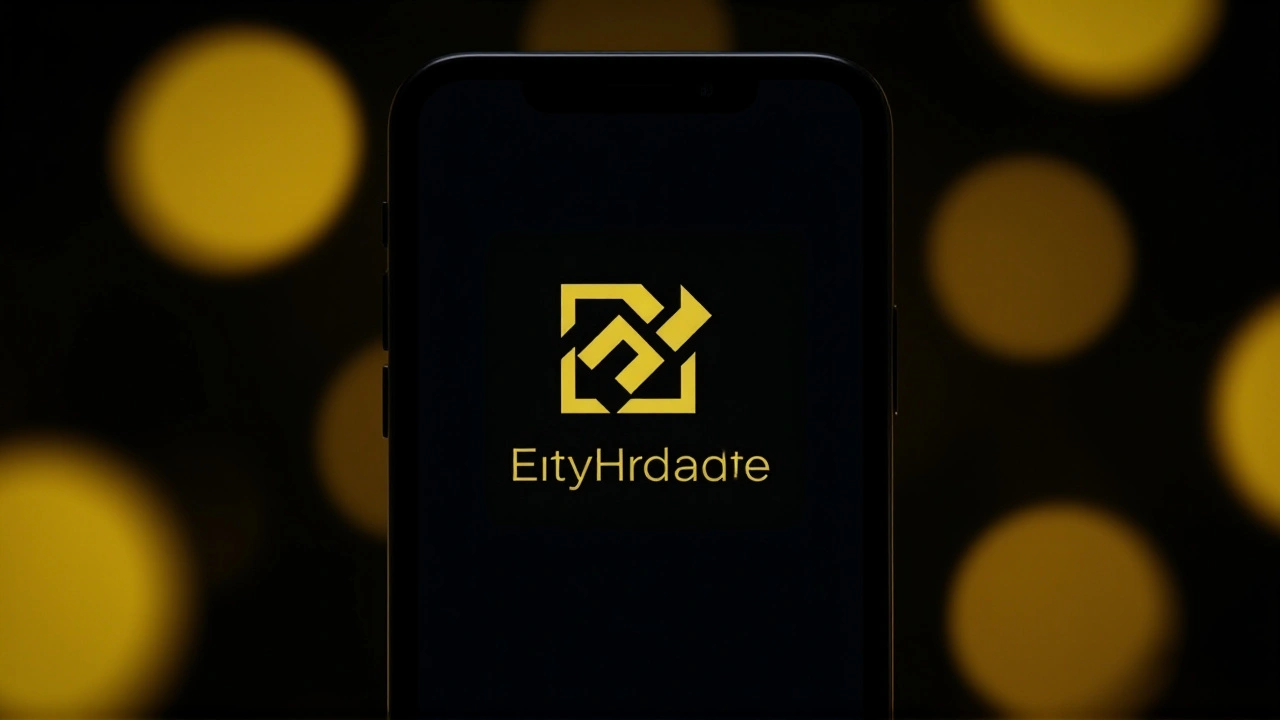Islamic Finance – A Practical Guide
When talking about Islamic finance, a set of financial practices that obey Islamic law, banning riba (interest) and focusing on profit‑and‑loss sharing. Also known as Sharia‑compliant finance, it offers ethical alternatives to conventional banking., you’re really looking at a whole ecosystem that respects religious principles while still delivering modern financial services. This system isn’t a niche hobby; it powers billions in assets across the globe, from retail savings accounts to multi‑billion‑dollar sovereign funds. In short, Islamic finance reshapes how money moves when you replace interest with risk‑sharing.
One of the core pillars is Sharia‑compliant banking, banks that operate under Sharia rules, using contracts like mudarabah (profit‑sharing) and musharakah (joint venture). These banks must keep a clear audit trail of how they avoid prohibited activities, which means they rely heavily on transparent governance and regular board reviews. The result is a banking model that demands real‑world asset backing, which can lower systemic risk compared to debt‑heavy conventional banks. In practice, this makes the sector attractive to investors who value stability and ethical oversight.
Key Concepts in Islamic Finance
Beyond banking, there are specific contract types that give the system its flexibility. Take Murabaha, a cost‑plus sale agreement where a bank buys an asset and resells it to a client at a disclosed markup. Murabaha lets businesses finance equipment without paying interest, simply paying a higher price that reflects the bank’s risk and profit. Another popular tool is Takaful, Islamic insurance based on mutual cooperation, where participants share risks and surplus profits. Takaful replaces conventional insurance’s premium‑profit model with a cooperative pool, aligning with the community‑first ethos of Sharia.
Investment products also get a Sharia twist. Islamic investment, funds and securities that only hold Sharia‑compliant assets such as halal equities, sukuk (Islamic bonds) and real‑estate follows strict screens to exclude gambling, pork, or excessive leverage. Sukuk, for example, replace the interest‑bearing bond with a certificate of ownership in a tangible asset, giving investors a claim on cash flows generated by that asset. This structure satisfies both profit goals and religious constraints, letting institutional investors diversify without compromising faith.
Technology is a silent driver behind many of these advances. Digital platforms enable real‑time compliance checks, automated Sharia screening, and seamless onboarding for customers who might otherwise face paperwork hurdles. Mobile banking apps tailored for Islamic products let users open a mudarabah account or purchase a sukuk with just a few taps. This blend of fintech and Sharia rules widens the reach of Islamic finance to younger, tech‑savvy audiences who demand convenience alongside ethical choices.
Regulatory frameworks vary by country, but a common thread is the presence of a Sharia supervisory board. These boards act as the ethical watchdogs, reviewing contracts, auditing transactions, and issuing fatwas (legal opinions) that certify compliance. Their role creates a feedback loop: as markets evolve, the boards adapt guidelines, which in turn shapes new product designs. This dynamic ensures that Islamic finance stays relevant, whether it’s serving a small community bank in South Africa or a multinational institution in the Gulf.
Risk management in Islamic finance follows a distinct logic. Since interest is prohibited, many contracts embed built‑in risk‑sharing mechanisms. For instance, a musharakah partnership splits both profit and loss according to pre‑agreed ratios. This alignment of incentives can mitigate default risk, because all parties have skin in the game. At the same time, the sector uses conventional risk‑mitigation tools—like credit guarantees—provided they are structured without interest, showcasing creative compliance.
From a macro perspective, the growth of Islamic finance has broader economic implications. Countries that tap into this market can attract foreign capital from Muslim investors seeking Sharia‑compliant avenues. This inflow can boost liquidity, support infrastructure projects, and foster job creation. Moreover, the ethical focus often translates into higher ESG (environmental, social, governance) ratings, aligning Islamic finance with global sustainability trends.
For everyday readers, the takeaway is simple: Islamic finance isn’t just a niche for the devout; it’s a robust, diversified system that blends ethical principles with solid financial engineering. Whether you’re curious about opening a halal savings account, investing in sukuk, or understanding how Takaful works, the ecosystem offers clear, well‑structured options.
Below you’ll find a curated list of stories, analyses, and updates that dive deeper into each facet—banking models, contract types, tech innovations, and regulatory shifts—so you can see how the concepts play out in real‑world scenarios. Let’s explore how these ideas shape the financial landscape today.
Binance Launches Sharia‑Compliant Staking, Aiming at $4 Trillion Market
Binance unveiled Sharia Earn, a Sharia‑compliant crypto staking product, in Dubai on July 11 2025, targeting the $4 trillion Islamic finance market with 5‑8% halal returns.

